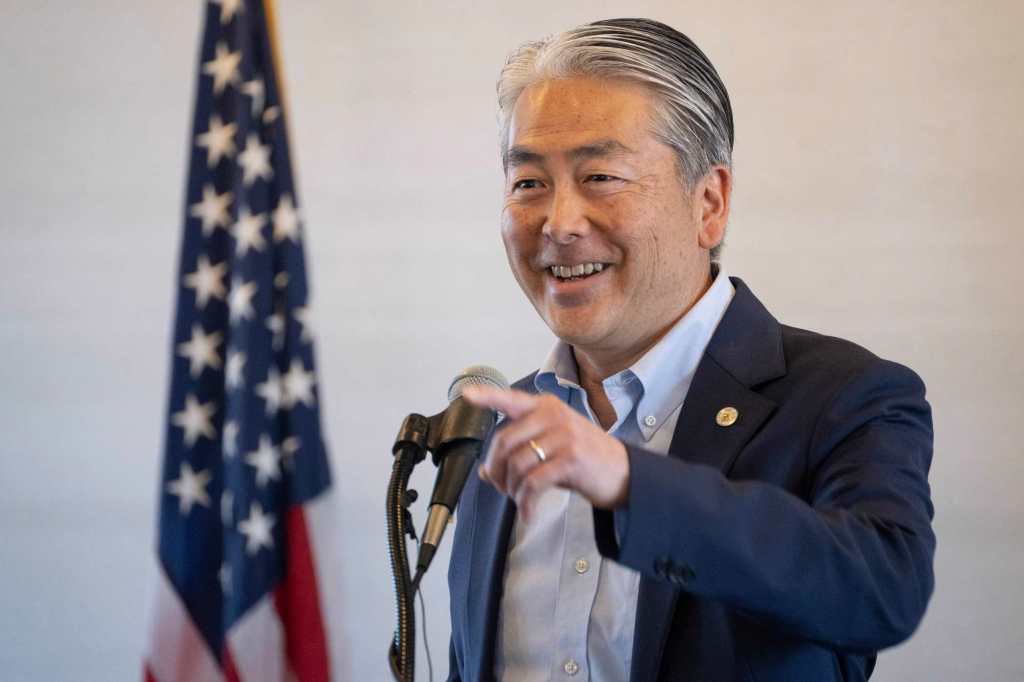
Assembly Bill 84 (AB 84) is being framed as a charter school reform bill, but its implications for students with disabilities are dangerously overlooked. This bill targets non-classroom-based (NCB) public charter schools—schools like ours that provide flexible, personalized learning models—and proposes to slash their funding by up to 30%.
Supporters of AB 84 argue that special education funding won’t be touched. But this narrow and misleading claim fails to acknowledge how public school funding actually works. Special education across the country is underfunded by design, and this will be compounded exponentially in California if AB 84 passes. The federal law known as the Individuals with Disabilities Education Act (IDEA) was passed with the intention of fully funding services for students with disabilities. That promise has never been fulfilled.
Instead, schools across California, both traditional districts and charter schools, must cover the shortfall in special education funding using their general funds. In fact, 56% of all special education expenditures are now paid from general fund dollars, due to the ongoing gap between actual costs and inadequate state and federal contributions. This places enormous pressure on already stretched budgets and limits the ability to fund other essential student services.
At Sky Mountain Charter School, where 11% of our 2,500 students receive special education services, we rely heavily on general education funds to ensure our students get what they need and are legally entitled to. AB 84 would cut those general funds by 30%. That’s not a minor adjustment—it’s a direct blow to the heart of our ability to serve students with disabilities.
And it gets worse. California faces a severe shortage of credentialed special education professionals, particularly in rural or specialized areas. Like many public schools, we partner with highly qualified special education providers through Non-Public Agencies (NPA) to provide critical services such as speech therapy, occupational therapy, and behavioral support. Under AB 84, these partnerships could be restricted or even prohibited. If that happens, students lose access to the only support systems that work for them.
Let’s be clear: this is not just a matter of budget spreadsheets or policy theory. It’s about real kids—students who come to us because their needs were not being met in traditional classroom-based schools. These are students with Individualized Education Programs (IEPs) who require tailored instruction, flexible pacing, and a learning environment that meets them where they are.
And it works.
My colleague, Maria Carr, shared, “As a Director of Special Education in charter schools for over 20 years, I’ve seen firsthand how powerful personalized learning can be—especially for students with complex needs. Since the COVID-19 pandemic, we’ve seen increasing complexity in the students we serve, including a rise in co-morbid mental health conditions, which significantly increase the cost and intensity of services required.
Despite these challenges, students with disabilities at our charter schools routinely outperform statewide averages for similar student populations, according to the California Department of Education dashboard. We are changing the trajectory of these students’ lives. But if AB 84 passes, that trajectory could shift dramatically—and not in the right direction.
Federal law—and the 2017 Endrew F. Supreme Court decision—requires that all public schools provide challenging goals and address all areas of suspected disability. Charter schools are no exception. But if we are held to the same legal standard without the funding to meet it, we face an impossible choice: diminish services or assume growing liability.”
Charter schools like Sky Mountain are not exempt from accountability, we welcome it. What we can’t accept is a law that guts our ability to deliver what we’ve already proven works.
To those evaluating this legislation, I ask: What does equity really look like? Because a 30% cut to general education funding, layered on top of a 26% encroachment burden, is not equity. It’s a setup for failure, not for the school, but for the students who already face systemic barriers.
My colleagues across the state and I vigorously urge legislators to speak directly with special education leaders, those of us in the trenches, before advancing a bill that so clearly undermines student success. These proposed cuts may be intended to rein in outliers, but their actual effect will be to cripple successful programs and harm the very students the public education system is meant to support.
Let’s not punish families who choose a unique and customized fit for their children. Let’s fund all public school students equally and ensure that students with disabilities, no matter where they learn, are fully supported to thrive.
Cynthia Rachel serves as the director of communications and development for Innovative Education Management, which operates South Sutter, Ocean Grove, and Sky Mountain Charter Schools—tuition-free public charter schools serving over 8,500 students across California.



